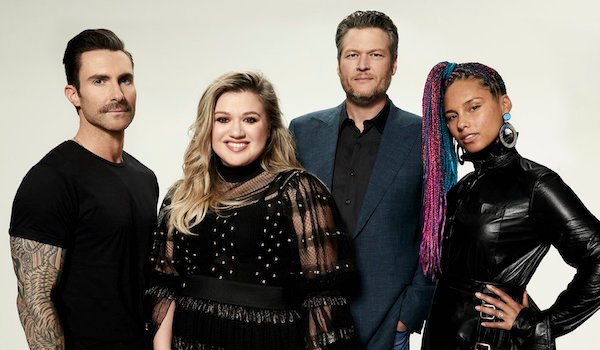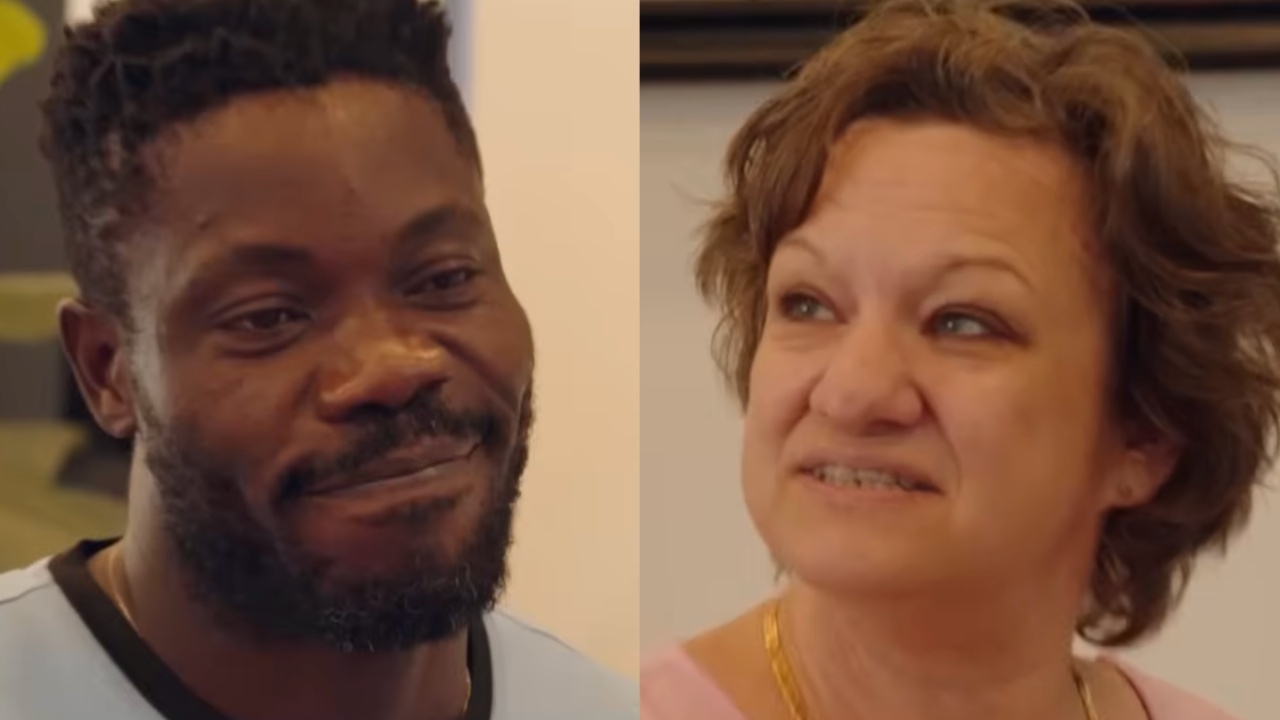Why The Voice Is About More Than Just Finding A Megastar, According To One Executive Producer

One should never judge an album by its cover, to spin a phrase, and when it comes to reality TV, one should never judge a singing competition series by the number of platinum-selling megastars that it produces. On that level, viewers will probably always compare NBC's long-running hit The Voice to the former ratings monster American Idol, for instance, but The Voice executive producer Audrey Morrissey says the show doesn't begin and end with the success of its winners.
I've often thought about doing a special sort of like "Where Are They Now?" for some of these people because even though we haven't necessarily had the breakout number one on mainstream or rhythmic Top 40 radio, we have had incredible successes. I always talk about a young woman who is really one of the top writers in Nashville right now. She came through The Voice, RaeLynn; not a winner, doing very well in country. Cassadee Pope. Daniel Bradbury's having a moment now. She was a winner off of Blake's team. Everybody's career percolates differently, and becoming an artist, and like a meaningful one, is sort of a different thing. And, I think, highly unlikely. Even the big stars that seem to emerge out of nowhere, they haven't emerged out of nowhere. These are people who have been grinding it and working it and trying to connect with their artistry and creativity. So we just look at it like we love talents, we love artists, we want to help them.
Audrey Morrissey was speaking during a Voice Q&A that CinemaBlend attended, and her answer makes all the sense in the world, especially within the modern pop culture climate. Though we've seen massive explosions in widespread popularity across all forms of media, it's still essentially impossible for most people to become top-tier celebrities. However, more people than ever are achieving the many middle tiers of fame, and the entertainment world has shifted in some ways to take advantage of its ever-expanding talent pool, with The Voice bopping along to the beat.
During each season of The Voice, the coaches are looking at 48 or so contestants when the whittling-down process begins, with 12-20 usually moving on to the live rounds. So from a marketing perspective, it makes a lot more sense for them to want every single contestant to be as popular as possible, which would ideally bring in the biggest audience possible. Part of the goal during The Voice Season 1 may have been to find THE next big singing sensation, but the show now sometimes feels as if it's a vehicle meant to promote any and all careers. Which is pretty fantastic, since there will always be far more runners-up than winners needing gigs and other jobs after each season wraps.
Plus, the music industry (and the TV industry) have seen legitimately world-shaking changes since The Voice started in 2011. Though a musician's success can obviously still be measured by Billboard album charts, most people would be stunned to learn how many singles The Voice's contestants are selling each season. And when everyone is bringing in money and attention to the show like that, there are no losers. I mean, Adam Levine and Blake Shelton might refer to each other as such, but they're just joking around.
To that end, Audrey Morrissey did say that execs do push contestants to make the most of their time in the limelight, and that the show employs a small army of people whose jobs are to help make that limelight time look as good as it can.
I personally look at it as this elite academy and I always say, 'Look, there's only going to be one winner, and there are only gonna be four finalists, but for as long as you can manage to stay on the show, take advantage of it.' I mean, there are literally hundreds of people that work on the show, from the coaches to the band to the music department to our vocal coach, like unsung hero-therapist-medic. I mean, to the styling, just hundreds of people, and all anybody wants to do is help these [contestants] get down the road.
I had the pleasure of speaking with Season 13 winner Chloe Kohanski about Season 13's ups and downs after her big victory, and though she was definitely happy to come out on top, she didn't seem to harbor fantasies about it being a golden ticket to fame and fortune. Her next goal was to put out an album full of music she wanted to hear, not necessarily to conquer the world, which is arguably how it should always be for musicians. Plus, even though Kohanski won, we still didn't forget about other great contestants like Davon Fleming and Janice Freeman.
Who will become the next champ? The Voice Season 14 starts up on NBC on Monday, February 26, at 8:00 p.m. ET, and fans will get to see Kelly Clarkson becoming a full-blown coach for the first time. While you're humming a little ditty or two, head to our midseason premiere schedule to see what the primetime schedule will look like in the near future.
Your Daily Blend of Entertainment News

Nick is a Cajun Country native and an Assistant Managing Editor with a focus on TV and features. His humble origin story with CinemaBlend began all the way back in the pre-streaming era, circa 2009, as a freelancing DVD reviewer and TV recapper. Nick leapfrogged over to the small screen to cover more and more television news and interviews, eventually taking over the section for the current era and covering topics like Yellowstone, The Walking Dead and horror. Born in Louisiana and currently living in Texas — Who Dat Nation over America’s Team all day, all night — Nick spent several years in the hospitality industry, and also worked as a 911 operator. If you ever happened to hear his music or read his comics/short stories, you have his sympathy.
